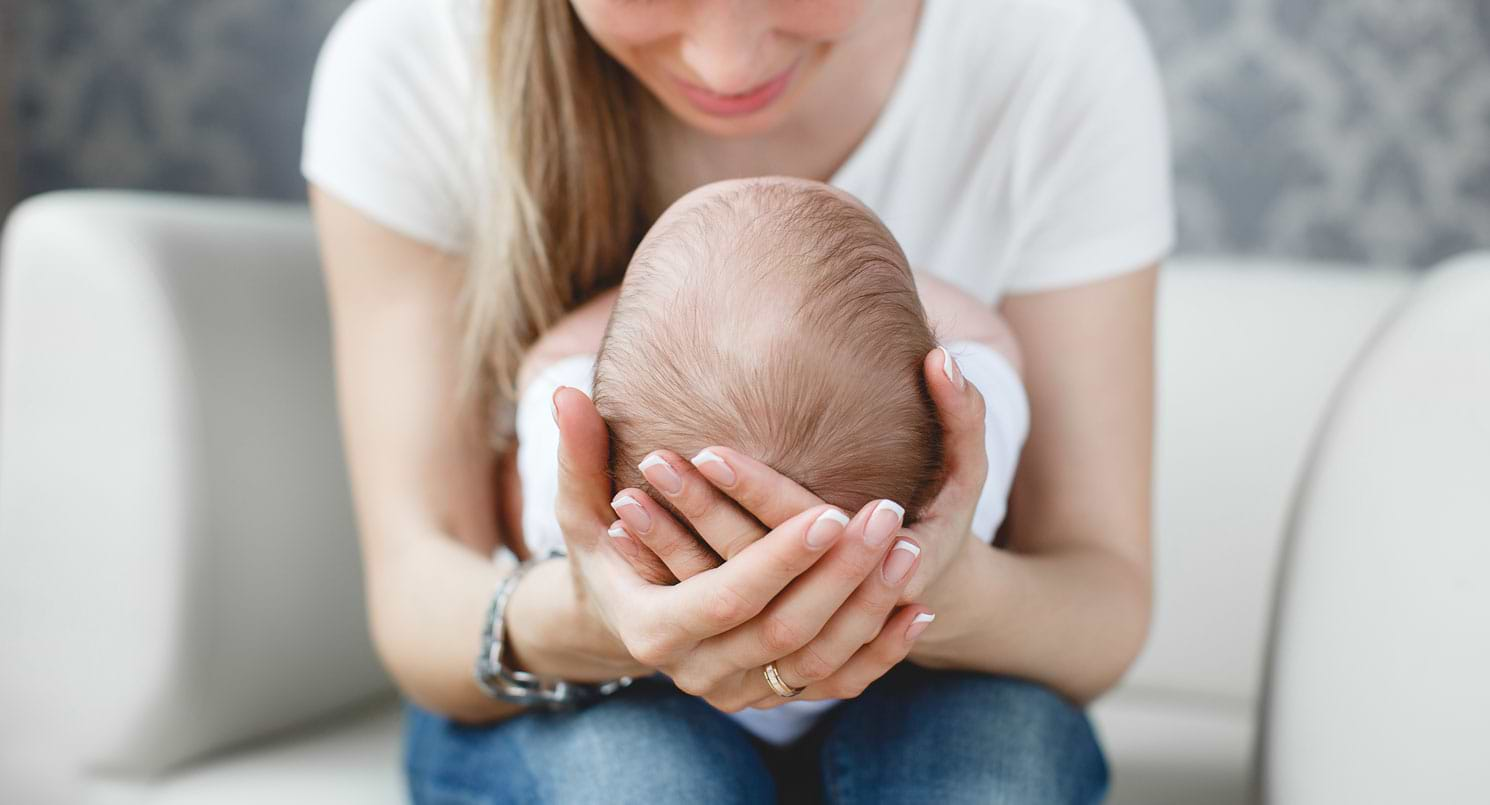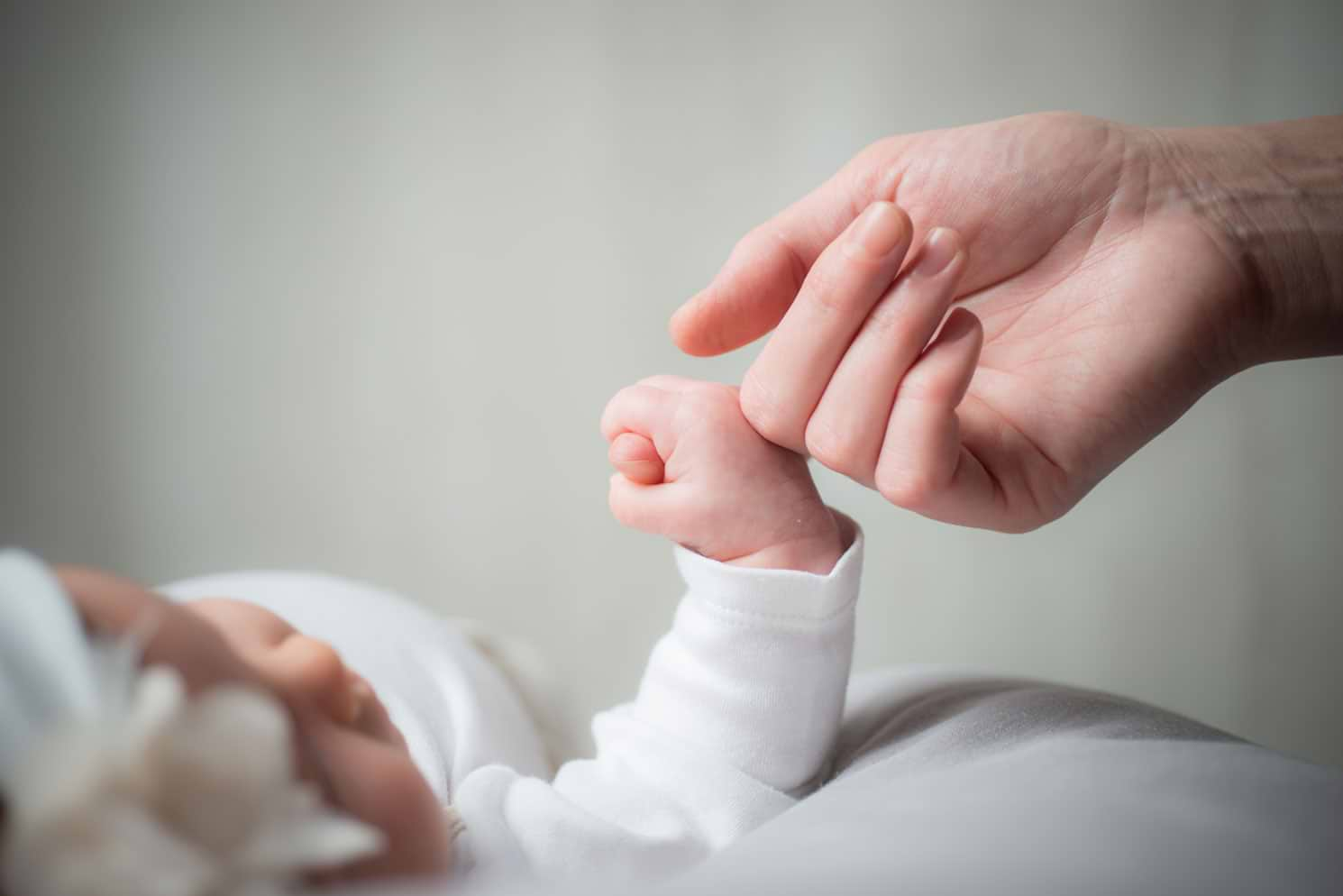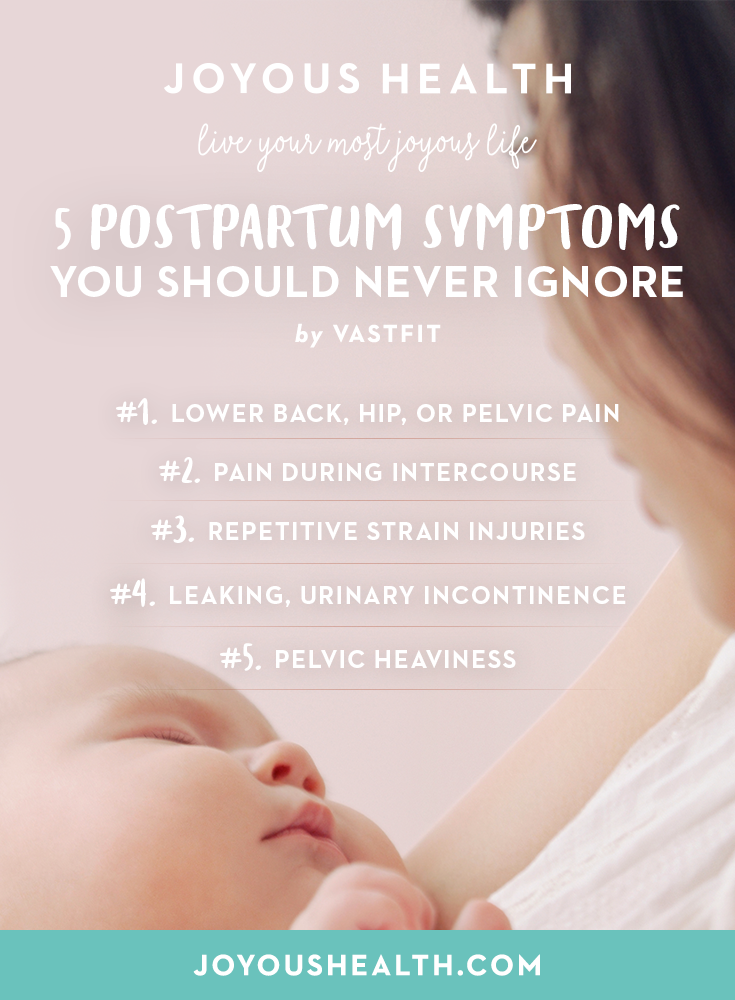Welcome to thoughtful, organic beauty
Hello Joyous is an organic, plant-based, sustainable beauty brand here to bring more joy to your day.
As busy new Moms, we are commonly guilty of a very strange behavior: we often sweep health matters associated with our quality of life under the rug. Why do we do this? One theory is that because we believe the care of our babies and young children to be more important than our own. This is a common and critical societal misconception. Our health is equally as important as our children’s.
The fact that maternal health is not a big part of the medical mandate does not mean that taking proper care of ourselves is not a priority. The mandate is in fact ours to ensure we heal fully after pregnancy and childbirth. And unfortunately, yes, for now it may require a significant investment of our time and money. But if we don’t make this investment today, our overall health and well-being, and that of our families, may suffer.

The following five common postpartum symptoms are often ignored, despite the negative impact they have on our lives:
In case you are looking for more permission, motivation, or guidance to get out there and get yourself the care you require, here it comes, so listen up!
1) Lower Back, Hip, or Pelvic Pain
These are some of the most common postpartum conditions experienced by moms, and they are all too often ignored. The thing is, these symptoms often indicate an imbalance of strength, or a bigger picture issue going on that could require medical attention. If we ignore signals from our body, they often worsen and take longer to treat than if we’d paid attention to them in the first place. Listen up to your body, and act fast.
2) Pain During Intercourse
It’s actually so common, there is a name for it: dyspareunia. It can be caused by holding too much tension in the vagina or pelvic floor, fear of being hurt (possibly as a result of the trauma of childbirth), or inadequate lubrication. Here’s the good news: help is available. Qualified pelvic health physiotherapists, psychologists, and lubricants are available at a fraction of the cost of divorce lawyers. Don’t be willing to put your marriage and emotional well-being at risk before calling a therapist or making a potentially awkward trip to the drugstore.
A healthy sex life after kids can be a fun and fulfilling aspect of becoming parents together and not one we should easily give up on!
For some, the solution is as simple as sneaking in a couple paragraphs of 50 Shades of Grey before bedtime. Just saying. ;)
3) Repetitive Strain Injuries
No matter how much we rock it, pregnancy can put a lot of wear and tear on our bodies, especially our joints. Relaxant hormones, cranked up calcium demands, and the repetitive motions of early motherhood (including suboptimal body mechanics when breastfeeding) are all major culprits of chronic repetitive strain injury. While we may not always have control over what is happening to our bodies during pregnancy, after pregnancy we should take and make the time required to treat these conditions, before they become chronic. Regular wrist, shoulder, hip and feet niggles should not be left untreated or unaddressed for too long.

4) Pelvic Heaviness
This is a less obvious and lesser known postpartum symptom that could indicate a partial prolapse. Prolapse is the condition of having an organ descend through a weakening of the pelvic floor down into the vagina or rectum. Yes. Lovely. It’s not that black and white though – you don’t need to have your uterus hanging out of your vagina. If you experience heaviness of the pelvis generally, towards the end of the day, or during bowel movements, you could have a partial prolapse. Fortunately, treatment, and an ingenious fitness program exists that can improve this condition. If you haven’t yet heard of my pal Trista Zinn, or her Hypopressives method (originally from Spain from 30 years ago) Check ‘em out!
5) Leaking and Urinary Incontinence
Because most women don’t talk about it, they don’t discover how many other women pee their pants when they sneeze, cough, laugh, run, or jump. I see far too many women leave this one untreated for reasons unbeknownst to me. You could always choose black workout pants, or you could choose a couple of trips to the pelvic health physiotherapist. I’ve heard it can be that simple! Please, if you have had a positive or negative experience with treating bladder incontinence, could you let us know in the comments below. I would love your feedback.
Beware: most doctors will tell you incontinence is caused by a weak pelvic floor and prescribe Kegels. This is often contraindicated advice because incontinence is most often the result of a hypertonic (overly tense) pelvic floor, and requires releasing, not tightening, friends!

I’ve said it before and I’ll say it again, be your own advocate, Mothers. Listen to the signs and symptoms your body communicates and attend to them before they grow in complexity and become more stubborn. Don’t make the same mistakes I did: speak to friends, family and your community for guidance. Never hesitate to reach out to compassionate industry professionals who are waiting to listen to your story.
xo Vanessa
I always keep health on my priority and always remain in search of some useful stuff about diseases and their treatments. This article helped me to know about the mothers issues and i really appreciate your efforts for spreading awareness about this. Keep up the good work.
ReplyThank you Nadra, I will! It is my absolute pleasure and I am glad you found the article useful. I am passionate to teach and encourage others how to better advocate for their health, including prioritizing our own health issues (not sweeping seemingly insignificant symptoms under the rug). The more in-tune we are with our bodies today, the better positioned we are to identify, treat, and prevent future health issues before they worsen.
Thanks for the useful article, especially helpful for second time mums when you think you've already done it and all was fine but then end up with at least two of signs above after baby number two! I'd be curious to know more about the hip pain and why we get it. I found that this appeared quite a few months after giving birth. Is it a joints issue? Thanks and good article!
ReplyHi Annalisa, thanks for the note! Yes, incidences of pelvic dysfunction and slower recovery often accompany 2nd and 3rd consecutive pregnancies, which is why it is important to be guarded with the knowledge to know how to deal with them if/when they surface. You are lucky your hip pain went away without treatment, but keep an eye on it should it resurface. It may have been a sign of your body healing, or more often it's indicative of pelvic dysfunction of some type, for example: strength imbalances, areas of tension of the pelvic floor that may require releasing, or an alignment issue. Reach out if it ever resurfaces and I can help you get to the bottom of it, including referrals to top industry professions, if required. You are doing a great job! xo V
Thank you for pointing this out. I had a baby 17 months ago. I have lower back pain and upper pain as the baby gets bigger pain increases even more;) I have urinary incontinence over time it got better but still i have to go to washroom so often and yes i always wear black pants. I know i have to get back into exercise routine but its so hard after not exercising for so long. Whats worse I am going to be 30 this months and I feel 70. Thank you for your support.
ReplyThanks for sharing, Andrea! Keep in mind that many small steps turn into big results! Go easy on yourself and embrace these changes. You've got this :) Heather- Joyous Health Team
I'm sorry you are not feeling your best, and I can completely relate. Don't be too hard on yourself. Early Motherhood (up to and including first 24months at least!!) is a very challenging and often unrealistic time to find balance, so some things have to give and that's ok. At the same time you deserve to not be in chronic pain so the sooner you begin your healing journey, the better you will feel and the better Mother you will become. A great place to start is with pelvic health physiotherapy, which can address incontinence 90% of the time and start you on your journey to address your back pain. With one step forward, will come another, then another. I promise! Message me offline if you'd like a local referral - I am a broker for pelvic health physiotherapists worldwide! Hang in there Andreja, you're doing an awesome job. xo V
Hi there, Thanks for writing. I've been assessed by pelvic floor specialist after my son was born and I was prescribed Kegels as i can't control my bladder very well (mostly when I hike (downhill) or attempt to run (I'm a long distance runner and would like to get Back to running) I had my son 5 months ago. She also told me my pelvic floor strength is 0 At the moment I barely have any time to do Kegels. How else can I strengthen my pelvic floor and get back to being active again. Thanks, Daria
ReplyThanks for writing this. I'm almost four months post partum and still pee a little when I sneeze if I have anything in my bladder. I was hoping it would just go away but I think I'll look into pelvic physio after reading this.
ReplyHey Jackie! So glad you enjoyed the article. I think it would definitely be worth your time to look into this :) Hope all goes well! Rachel - Joyous Health Team